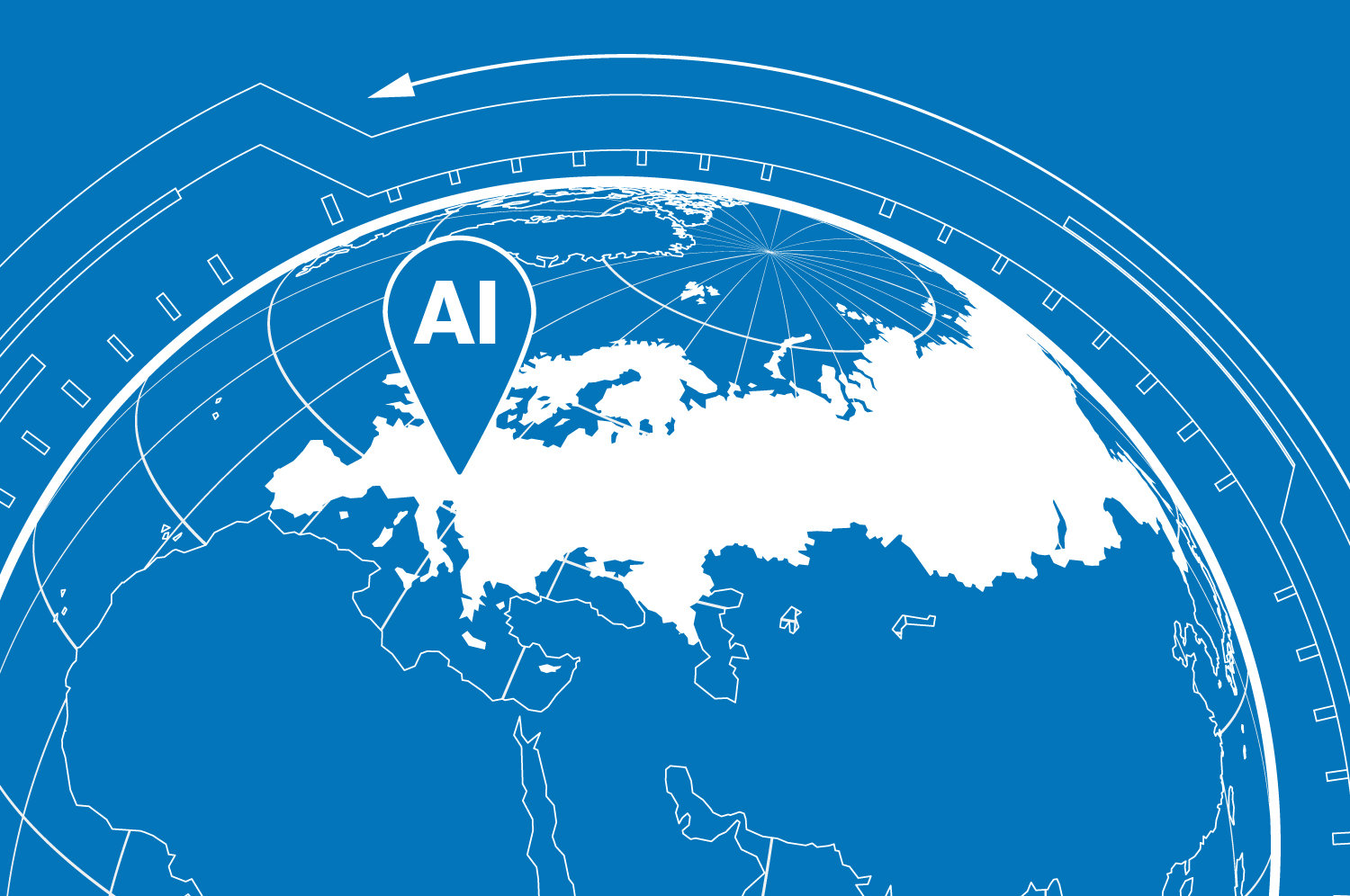Sponsored
The global AI agenda: Europe
In association withGenesys
This report is part of “The global AI agenda,” a thought leadership program by MIT Technology Review Insights examining how organizations are using AI today and planning to do so in the future. Featuring a global survey of 1,004 AI experts conducted in January and February 2020, it explores AI adoption, leading use cases, benefits, and challenges, and seeks to understand how organizations might share data with each other to develop new business models, products, and services in the years ahead.
How are executives in Europe grappling with the opportunities and challenges of AI in their own businesses? What is their AI roadmap and where are they reaping benefits? The main findings of the report are as follows:

The global AI agenda: Europe
- Human capital management will be a major growth area for AI in Europe. Customer care, IT management, and sales and marketing will be the leading areas of AI use over the coming three years, say survey respondents in Europe. By 2022, more than three-quarters will use AI to support customer service. The fastest area of AI growth is in HR processes. The number of companies using AI for human capital management will triple by 2022, reaching almost half of surveyed businesses.
- Change management, a lack of skills, and data issues are the top AI constraints. The greatest constraint to wider AI use is the challenge of adapting business processes to use AI insights, according to the survey, followed by a shortage of data scientists, and insufficient data. Not only is Europe’s data science talent pool potentially around half that of the US, but retention is a challenge. Companies are losing skills overseas, and much of the talent coming into Europe heads to the UK.
- Data sharing could lead to faster and more innovative product development, say respondents. Executives in Europe can foresee more innovative product development and greater visibility across supply chains as the leading benefits of data sharing, although they are still cautious and would look for regulatory clarity before engaging more actively. How the European Union and national governments create a balance between innovation and data protection will be key in shaping the continent’s AI story.
Download the full report.
Deep Dive
Artificial intelligence
Large language models can do jaw-dropping things. But nobody knows exactly why.
And that's a problem. Figuring it out is one of the biggest scientific puzzles of our time and a crucial step towards controlling more powerful future models.
Google DeepMind’s new generative model makes Super Mario–like games from scratch
Genie learns how to control games by watching hours and hours of video. It could help train next-gen robots too.
What’s next for generative video
OpenAI's Sora has raised the bar for AI moviemaking. Here are four things to bear in mind as we wrap our heads around what's coming.
Stay connected
Get the latest updates from
MIT Technology Review
Discover special offers, top stories, upcoming events, and more.